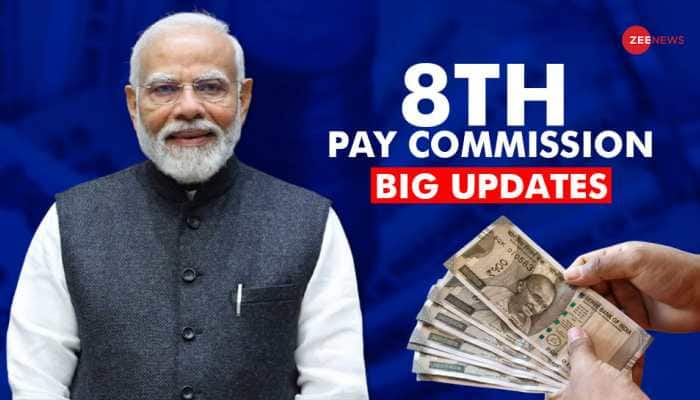Fixing rate, threshold key challenges to GST rollout: Revenue Secretary
Fixing the GST rate, deciding on exempt items and ensuring no dual control by the Centre and states are among the seven key challenges which have to be overcome before GST can be rolled out by April 1, 2017, a top Finance Ministry official said on Thursday.
Trending Photos
)
New Delhi: Fixing the GST rate, deciding on exempt items and ensuring no dual control by the Centre and states are among the seven key challenges which have to be overcome before GST can be rolled out by April 1, 2017, a top Finance Ministry official said on Thursday.
Revenue Secretary Hasmukh Adhia listed seven challenges which need to be dealt with for smooth implementation of the Goods and Services Tax (GST).
These challenges include: calculation of revenue base of Centre and states and compensation requirements, structure of GST rates, list of exemptions, forming of consensus on Model GST Bill, threshold limits, compounding limits and cross empowerment to mitigate ill-effects of dual control.
He further said the GST Council will decide on to what extent the GST rate can be brought down from the present combined excise tax rate.
As regards the compensation which needs to be paid by the Centre to the states, Adhia said the amount can only be quantified after the GST rate is decided.
He said consultations are on with regard to the threshold limit of imposition of GST. While some states want the threshold to be Rs 10 lakh, the Centre wants it to be pegged at Rs 25 lakh.
Elaborating on the aspect of dual control, Adhia said there cannot be a situation where one trader receives notice from both the Centre and a state.
So whatever cases would be picked up for scrutiny, the Centre and state would have the power to scrutinise both SGST and CGST filings, respectively.
With regard to keeping businesses with turnover of Rs 1.5 crore out of CGST ambit, Adhia said a final call will be taken by the GST council.
The Rajya Sabha last night cleared the long pending GST Constitutional Amendment Bill and it has to now go back to the Lok Sabha for ratification.
Once the Constitution Amendment Bill is approved by Parliament and 50 per cent of state legislatures, the GST Council will have to work out the model GST bills which will provide operational details of the new tax regime.
The Council will have to work out an acceptable threshold limit for levying the GST.
GST, which is expected to be implemented from April 1, 2017, will subsume excise, service tax and other local levies including VAT, octroi.
Stay informed on all the latest news, real-time breaking news updates, and follow all the important headlines in india news and world News on Zee News.
Live Tv







)
)
)
)
)
)
)
)
)
)
